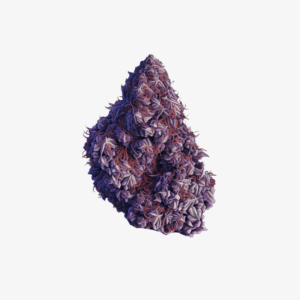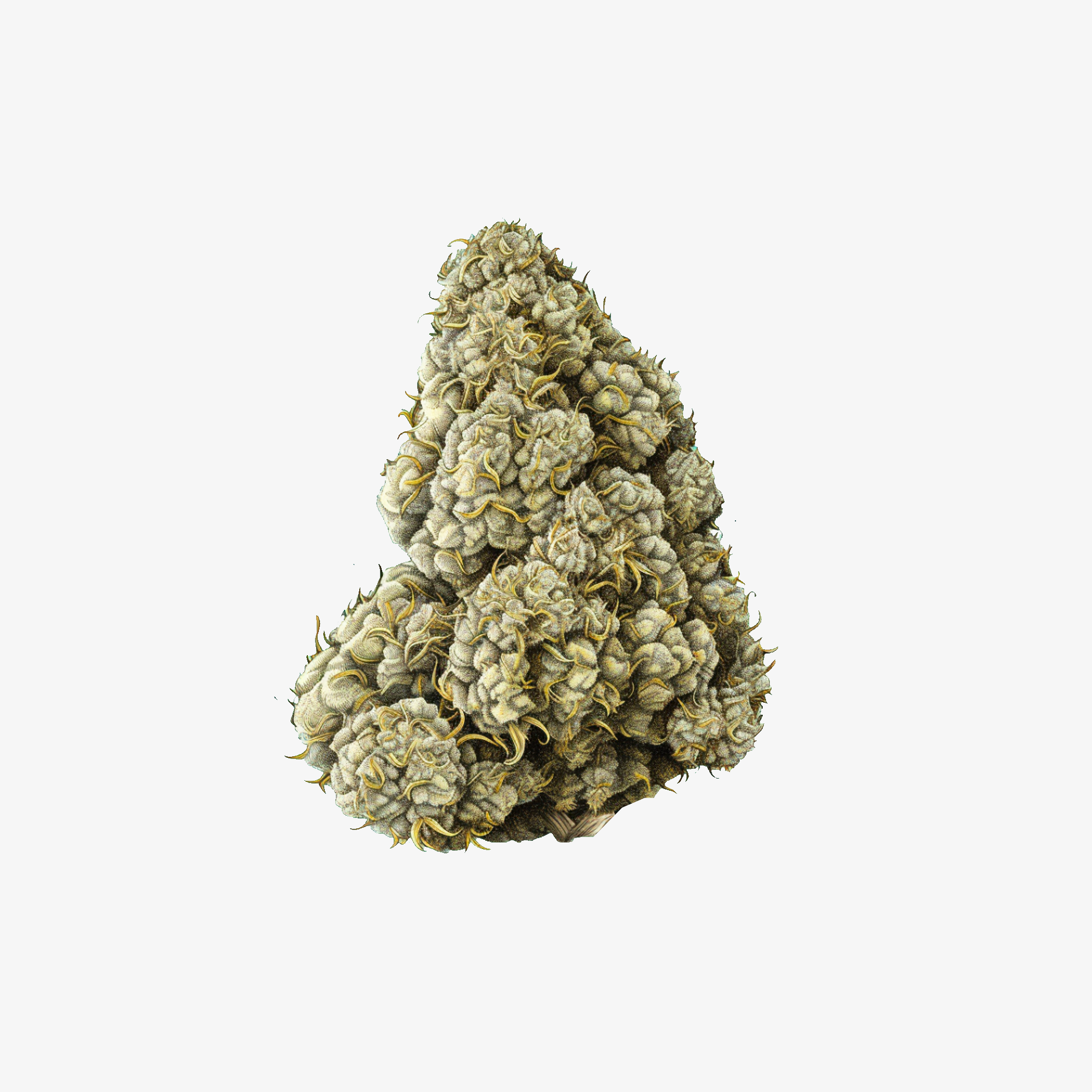
Durban Poison
-
Sativa
23% THC
0.9% THCV
At a Glance
Durban Poison Strain Overview
Durban Poison — a popular and uplifting award-winner — lends its robust genetic lineage to the Cannabis sativa subsp indica var indica (what is considered today a “Sativa”) landrace gene pool. Durban Poison’s name is inspired by its origins in the South African port city of Durban. Although both of its parents remain unknown, the sweet-tasting strain is believed to be the plant offspring of a Cannabis sativa subsp indica var indica African cultivar. Celebrated globally, Durban Poison is renowned for scooping second place at the Denver High Times Cannabis Cup in the Medical Sativa category two years in a row (2013 & 2014).
This productive strain is laden with over-sized resin glands and minty ocimene terpenoids, which have been scientifically proven to possess anti-inflammatory and anticonvulsant properties. It has an average THC content of 15%+ and skunky-smelling flowers that release a licorice fragrance when broken with your fingers. While its THC content may seem daunting for people with a low tolerance, Durban Poison may be the ideal strain to ignite your creativity and enhance the senses during those memorable outdoor adventures.
Strain profile, effects, and common uses are based on customer reviews. Further research is needed, and effects may vary by user. Information on this page does not constitute or replace medical advice.
Effects
Aromas
Terpenes
Cannabinoids
Durban Poison Strain Effects & Common Usage
Durban Poison is notably high in THC, but this cultivar is also known to have higher levels of THCV than most others, which has recently been researched for its potential in diabetes and weight loss, pain, epilepsy, neurodegenerative disorders, as well as increasing energy.
Focused. As a landrace cultivar, Durban Poison is commonly reported to provide mental stimulation and alertness and may improve concentration, according to some users.
Energetic. THCV has been noted recently by researchers to promote an energizing mood.
Uplifted. Studies show that limonene may elevate your mood by releasing serotonin and dopamine.
Anxiety. Limonene and myrcene may be good for anxiety, as can small doses of THC, while large doses of THC may cause anxiety.
Depression. With a blend of THCV and limonene, Durban Poison may help improve mood and depressive symptoms.
Pain. Terpenes like myrcene, terpinolene, and ocimene, have all demonstrated anti-inflammatory effects that may be helpful in relieving pain.
Durban Poison Strain Dosage Recommendations
Durban Poison can reach up to 24% THC or higher, which means this strain is recommended more for daily consumers with experience rather than your new user. However, Durban Poison can still pack a punch for those who have never experienced its cerebral high.
The right dosage can vary greatly from one user to the next. If you have questions about finding the right dosage or product type for your needs, consider consulting with a medical cannabis doctor, or you can request a consultation with NuggMD’s Cannabis Concierge.
Cultivation Tips
| Space Needed | 9'8 feet height |
| Growing Environment | 30% - 40% humidity, warm environment (72-85 degrees Fahrenheit) |
| Flowering Time | 7 - 9 weeks |
| Yield | High |
| Recommended Level | Novice |

